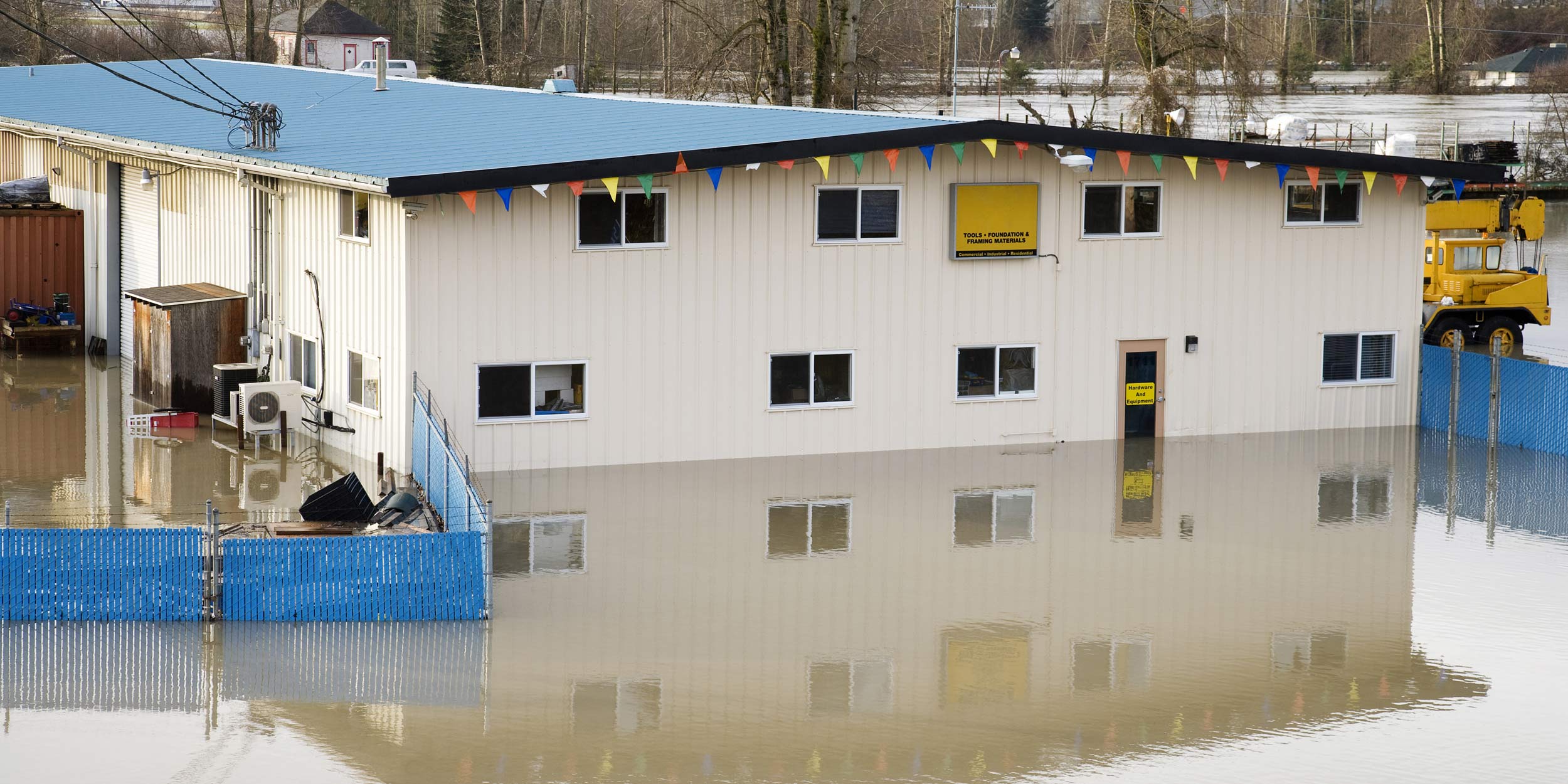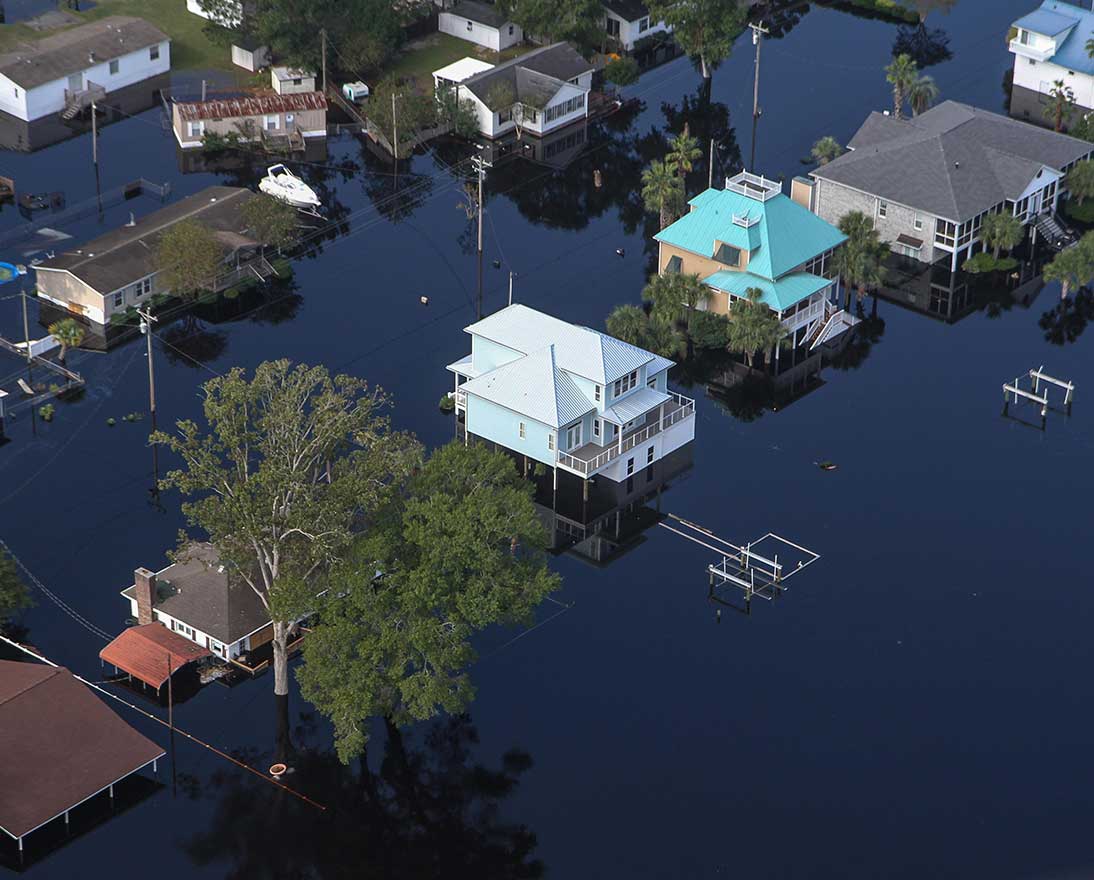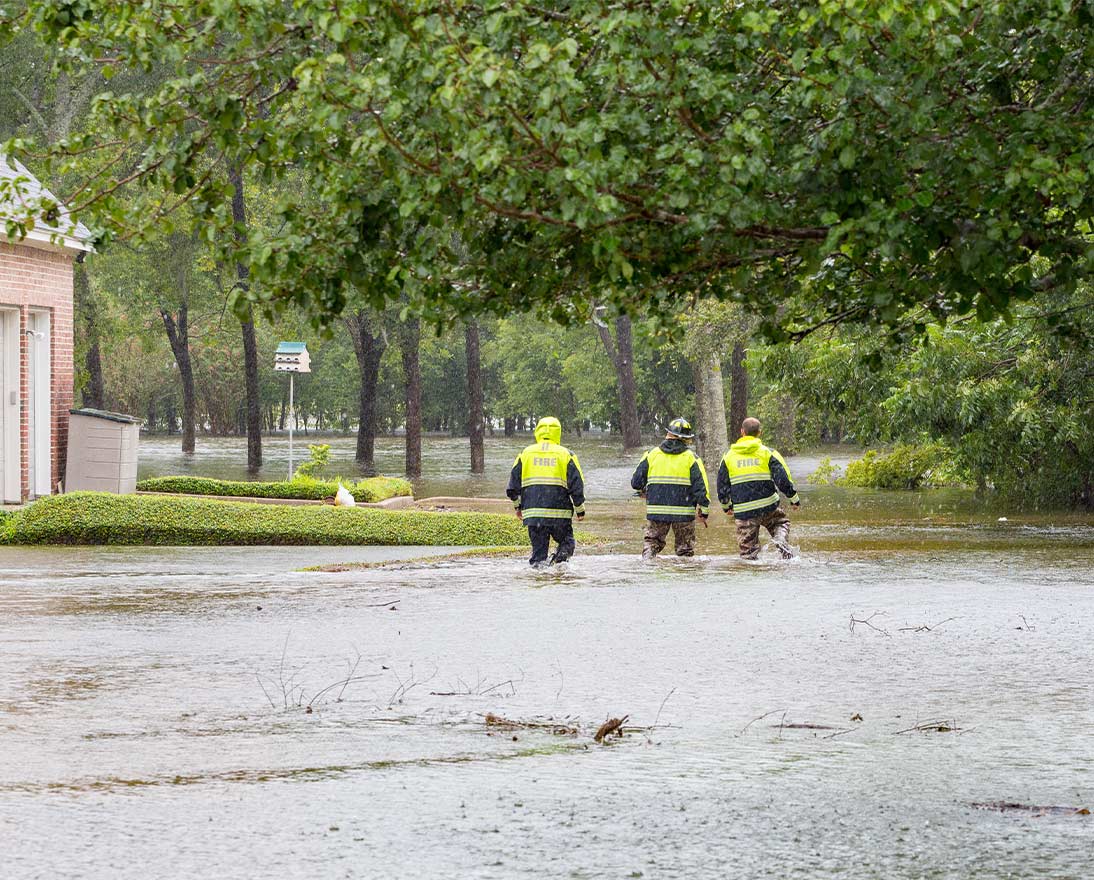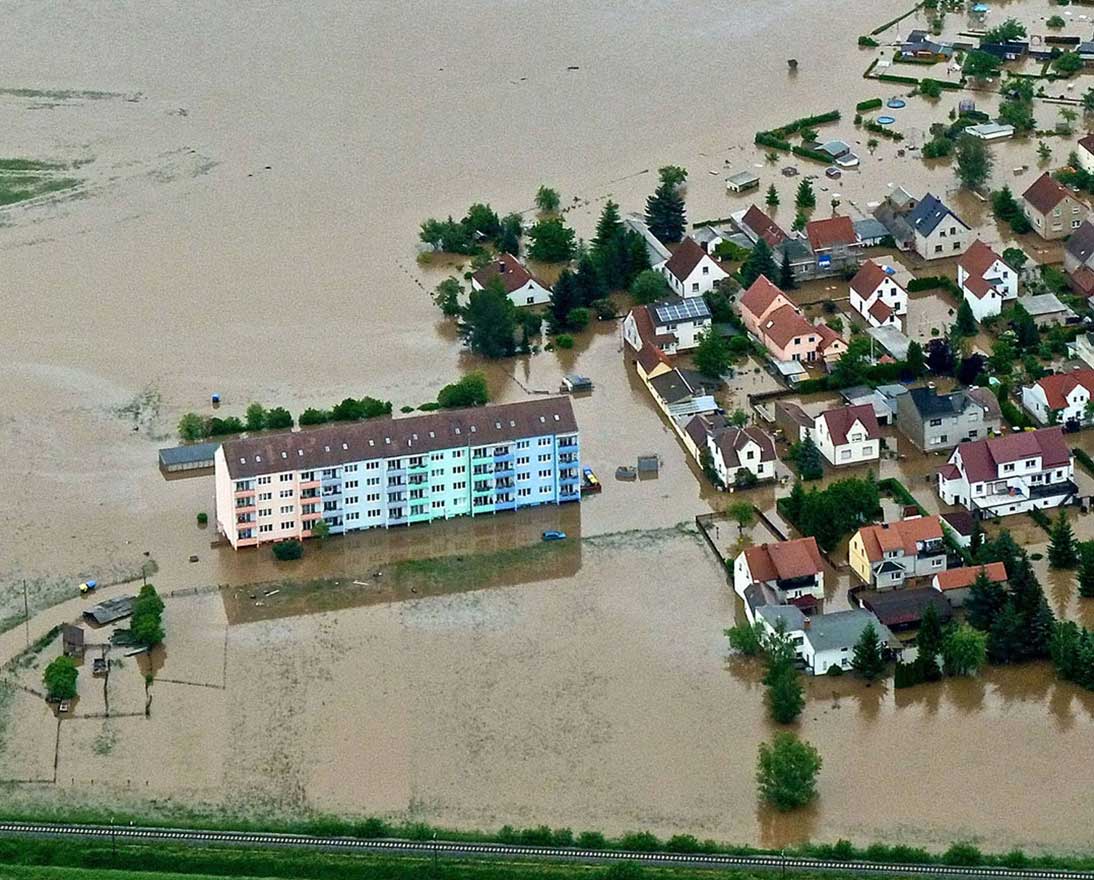Preparing your business for floods
Natural hazardsArticleJune 10, 2022
Flooding affects more people and businesses globally than any other natural hazard. Floods can devastate areas far away from water sources, such as rivers and the coast. This means every business should prepare for potential flooding.
Floods can cause widespread devastation that can severely disrupt or even destroy a business. And as the planet continues to warm up due to climate change, the intensity and frequency of flooding is likely to increase.
But there is some good news. Most flooding events allow an adequate warning period to prepare. It means that an effective Flood Emergency Response Plan, when properly executed, can greatly reduce potential property damage and business interruption, restore operations and protect lives.
“Floods can destroy whole communities and cause billions of dollars of losses. So it’s vital that people, businesses and communities prepare for all flooding eventualities, especially as floods can impact areas located far from water sources,” says Amar Rahman, Global Head of Climate Resilience at Zurich Resilience Solutions
Flood Emergency Response Plan
A Flood Emergency Response Plan is an important tool to help reduce the damaging impact of a flood to your property, business and employees.
You can download Zurich’s Flood Emergency Response Plan below. It details some actions to consider if your location is exposed to a flood hazard, either from intense rain or a water body.
Once the response plan is developed, train all involved staff, practice the plan, and learn from the things that work well and from those that do not. Outside emergency response services should also be involved in the planning and training. Effectiveness of the plan is contingent upon support from upper management.
Here’s a quick summary below about how to prepare, respond and recover from a flood event. You can download and use Zurich’s Flood Emergency Response Plan below.
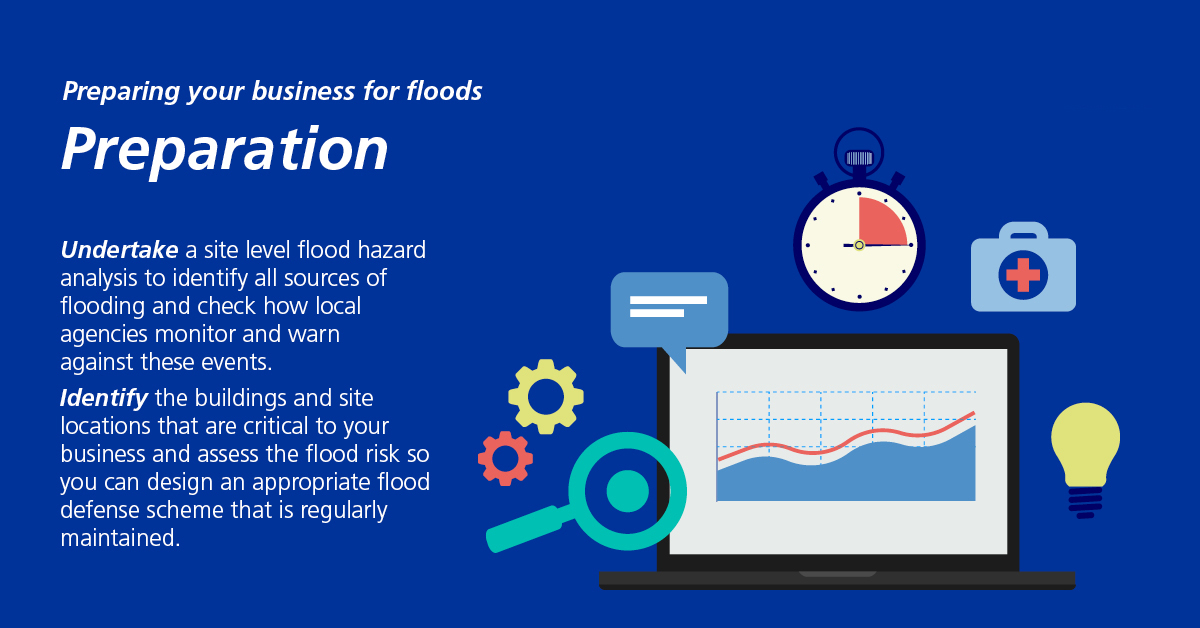
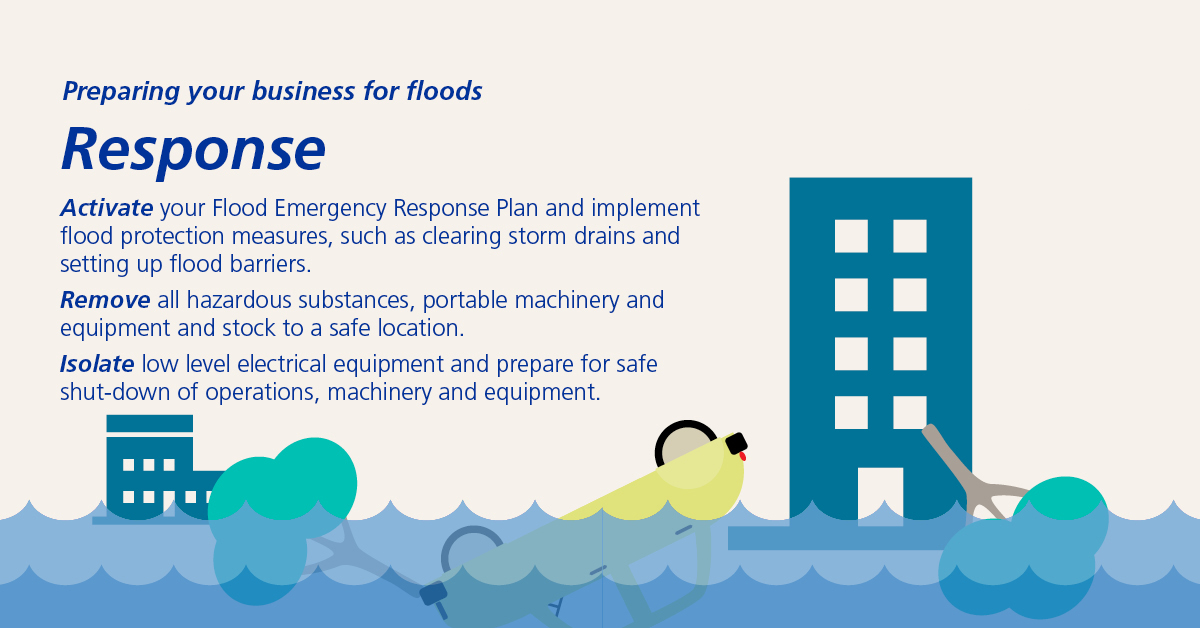
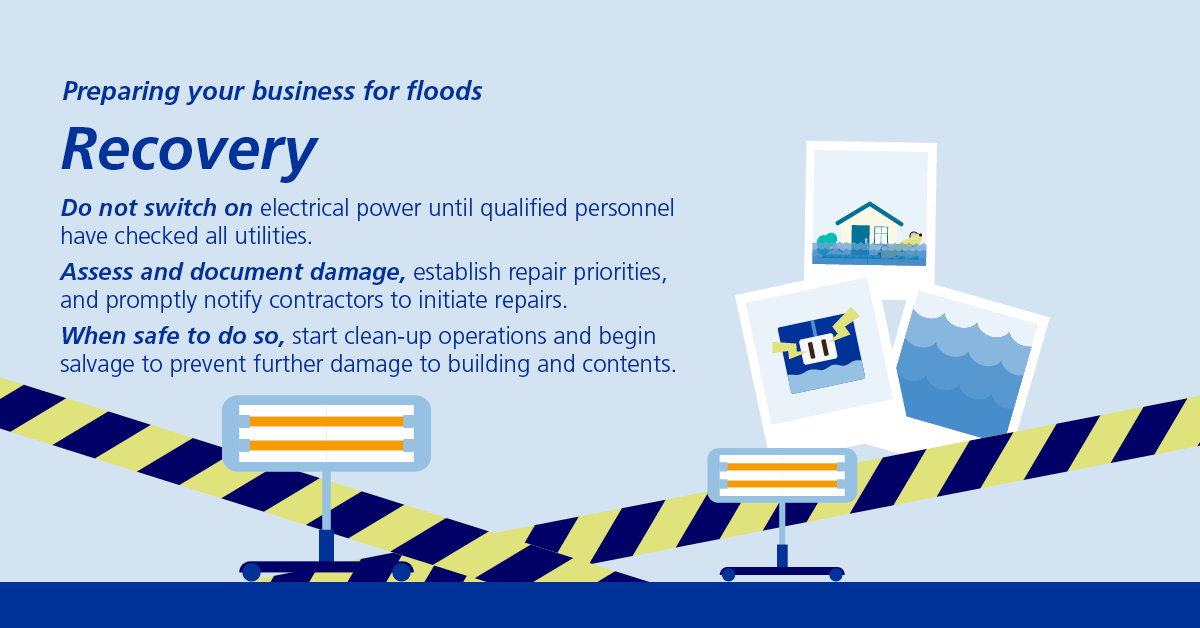
Climate Resilience
Our Climate Resilience experts help you identify and manage climate risks, and prepare you for climate reporting.
